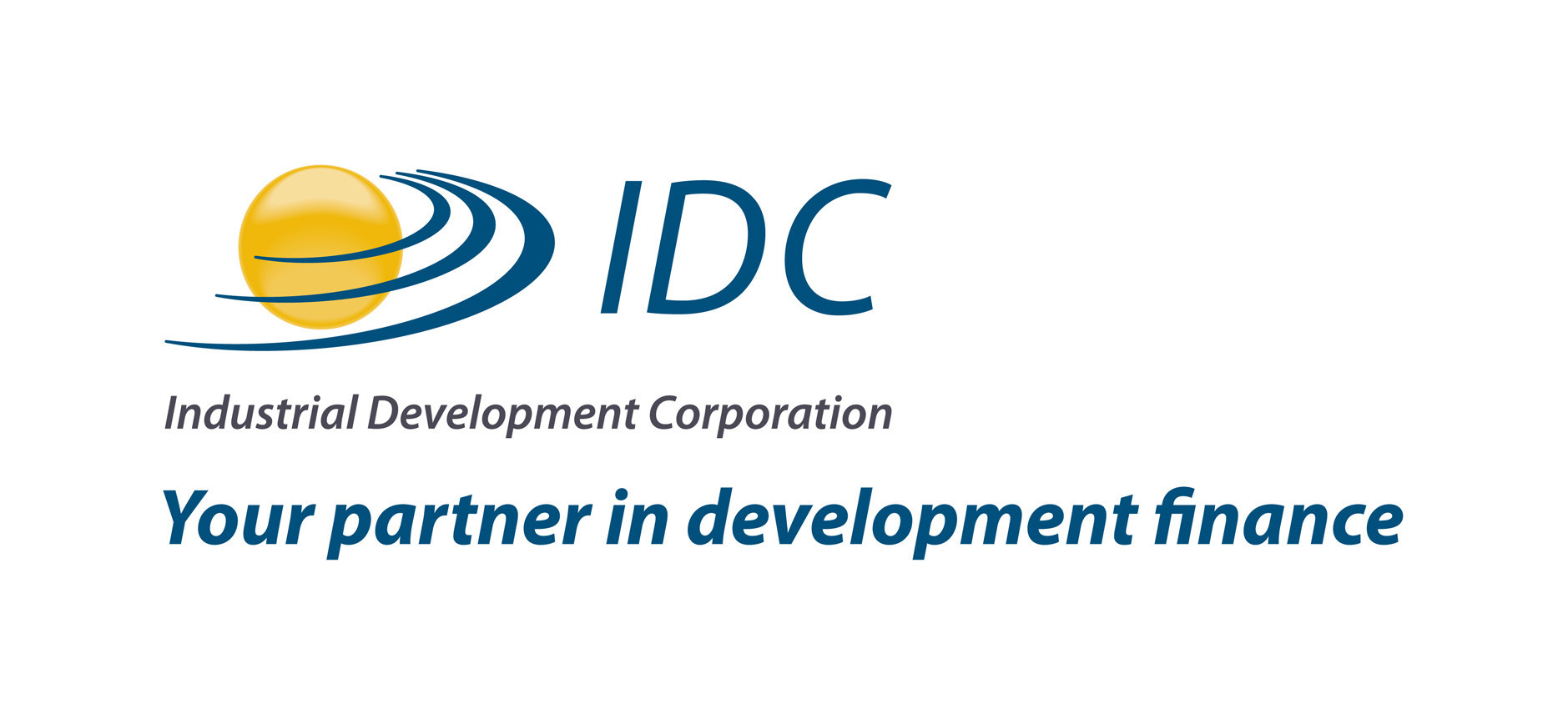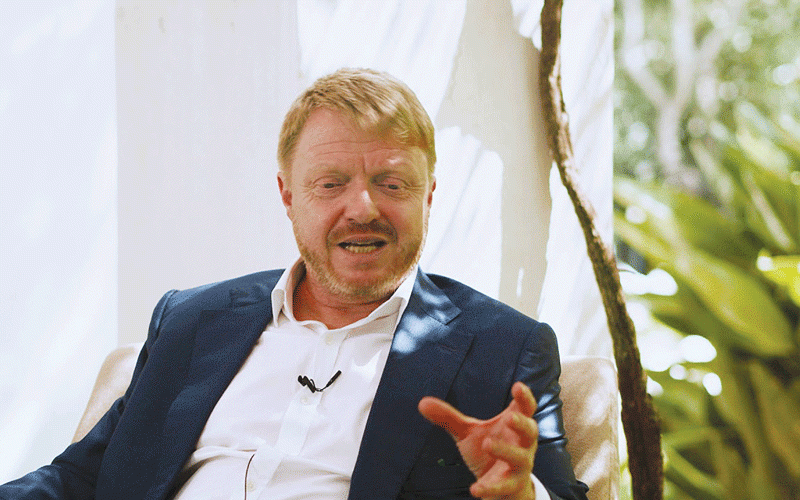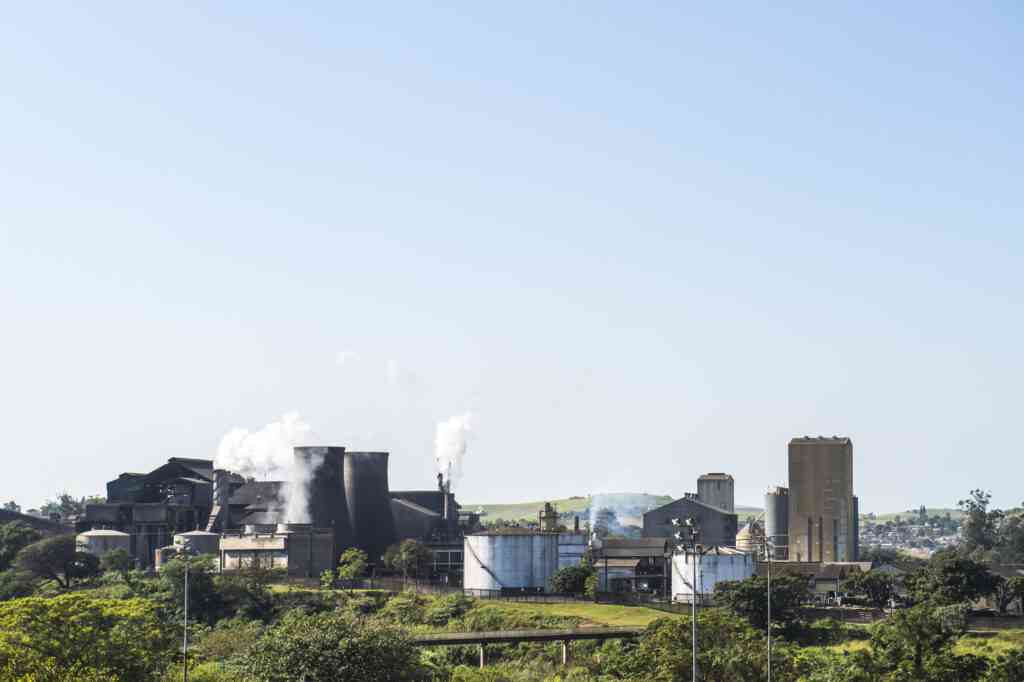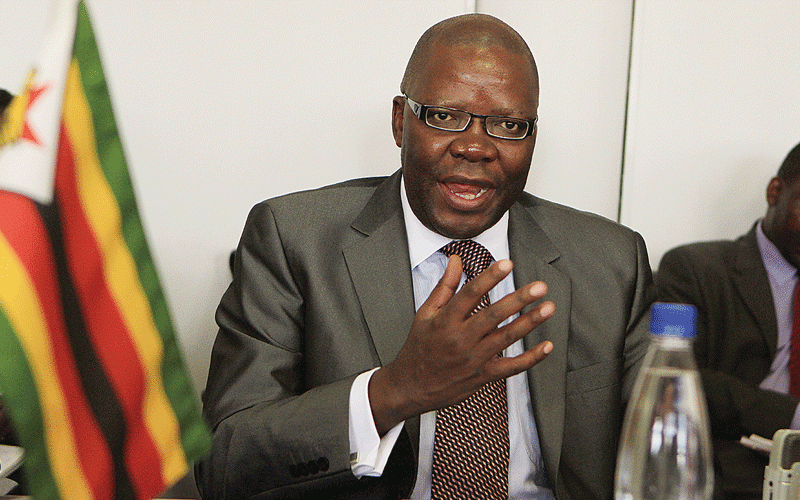
BY FREEMAN MAKOPA THE Industrial Development Corporation (IDC) says it is targeting to declare $300 million in dividends to government for this year, a significant rise from the $15 million paid out last year.
It took the IDC 12 years to declare a dividend to the State, which controls 100% shareholding in the conglomerate, whose interests span from agriculture, mining to the automobile industry.
The 2021 dividend was handed over to government early this year, and the next payout would likely be made early next year.
In an interview with NewsDay Business last week, IDC chairperson Winston Makamure said the firm had the capacity to improve the next dividend by between 15 or 20 times, which translates to $300 million. With Zimbabwe slowly sliding back to an inflation charge in the past few months, a $300 million target could be affected. The Zimbabwe dollar has been depreciating
on a big scale on the black market, which means by the time the next dividend is declared, $300 million would be easily attainable.
However, the Makamure-led IDC board, which came into office in July, has rolled out several growth stimulating strategies to defend the asset and give it impetus to ride out the storm.
“Our target for the next dividend is at least 15 or 20 times what we declared this year and that’s the target we set for ourselves,” Makamure told NewsDay Business.
“We are forecasting a profit of slightly over $1 billion. The opportunities for IDC are massive. It has to be profitable.
- Chamisa under fire over US$120K donation
- Mavhunga puts DeMbare into Chibuku quarterfinals
- Pension funds bet on Cabora Bassa oilfields
- Councils defy govt fire tender directive
Keep Reading
“In whatever we do, we should not be the ones sucking from the fiscus or from the Treasury but we should be the ones feeding the Treasury. Sectors like education and health don’t generate money for Treasury.
“They are the cost centres, but we actually need to feed into Treasury,” Makamure added.
The performance of State firms has been deteriorating in the past two decades.
The bulk of over 100 State firms are insolvent, relying on government handouts to survive.
As part of the IDC’s recovery strategy, Makamure said Dorowa Minerals, the firm that produced phosphate for Zimbabwe’s fertilizer makers, was to decommission its plant and replace it with efficient technologies.
The IDC controls 100% shareholding in Dorowa through its fertilizer production unit, Chemplex Corporation Limited Group.
In the past half year, the board helped Dorowa resume magnetite exports and the foreign currency generated from sales was deployed to capital expenditure.
He said his plan was to trim costs at Dorowa and free up resources for funding of a string of projects that the IDC is undertaking, as it champions rural industrialisation.
The Dorowa plant last underwent major maintenance during the colonial era in 1975, which means it has been propelling Zimbabwe’s agricultural sector for 47 years since that major overhaul.
It could be one of the country’s oldest plants.
“The phosphate deposits are massive at Dorowa,” Makamure said.
“For us to meet national demand, we definitely need to ramp up production. But the plant, we have at Dorowa is very old.
“I think the last time there was a major plant maintenance was in 1975.
“We are making do with that but the next thing is we now need to move with technology.
“The money which we are getting from magnetite exports has started ramping up the magnetite production,” Makamure said.
- Follow us on Twitter @NewsDayZimbabwe











